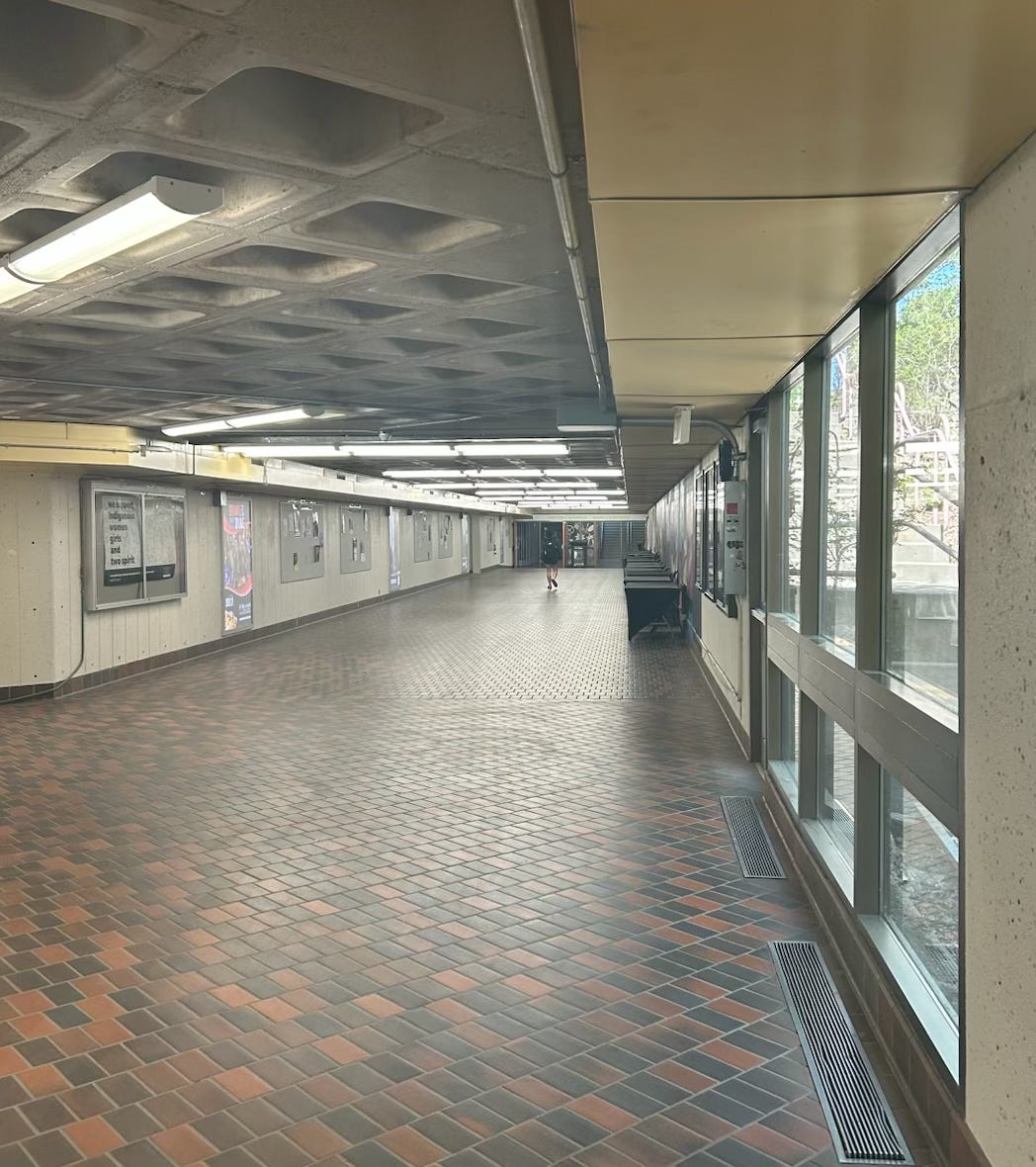Languages Do Not Take Up Space
But culture can. Also, K-pop & British PM Keir Starmer's “learn the language and integrate” rhetoric
First, a mise-en-scène, with a K-pop soundtrack if you wish to hit play above.
I am writing this from the city where I grew up, sitting at the kitchen table in the home where I spent nearly my entire childhood and teenage years. All around me there are reminders, small and large mementos, artifacts, framed photographs and so many objects representing decades spent living in the same home. There is no greater time capsule than a childhood home.
But in the house where I grew up, like in many immigrant households, there is also a powerful pull toward another home: here, it is Poland, the home country my parents left more than 40 years ago. Situated in the Canadian prairies, I am sitting in a house surrounded by postcards from Poland adorning bookshelves, artworks of Polish cityscapes and framed maps, hundreds of Polish books, traditional wooden figurines bought in Polish souvenir shops on the many trips back, and even a mini tear-off Polish calendar with name-day reminders and Polish recipes that is religiously replaced every year.
(If you are wondering how the Bruno Mars/Rosé song fits into this, it has been a favourite on this trip, mostly because we spend a lot of time in a car when visiting Canada, unlike in London where we use public transport exclusively. This means we hear the same five songs over and over on the radio. But bear with me, there is also a Korean language connection.)
Scene change.
I spent last weekend geeking out in the best possible way at a linguistics conference at the local university. (One of the reasons for our trip back this time.) I presented some of my academic work on motherhood and multilingualism (more on that soon) and listened to more than a dozen other presentations on the topic of child and adult multilingualism.
During the Q&A of the first plenary talk, someone asked how we can best inform parents wanting to raise multilingual children there is room for multiple languages and no, one will not take the place of another in a child’s mind, or at least not in the way these parents assume: confusion between languages, or having to give up one language for another. Languages are not like little boxes in the brain with only space for one language in each box, answered the speaker. We do not have languages; languages move through our bodies. In other words, languages do not take up space. At least not in the way most people assume.1

One of the main themes of the conference was how families navigate multilingualism at home, in the context of using a minoritized/heritage language with their children while a different societal/school language looms large outside of the home. During another plenary, the speaker briefly mentioned some in-progress work about material culture, or how the items in a home may reflect a heritage or culture, often serving as a reminder of a place left behind. Heritage mementos, artifacts, souvenirs and objects, exactly like the ones surrounding me in my parents’ home as I write this, and like the ones we have on display in our home in London. It reminded me of something my cousin said when we were in Poland not long ago about how part of why she thinks my children are active multilingual Polish-English users is because I consistently nurture a connection to not only Poland, but all things Polish (a.k.a. this type of “material culture”) in the same way my parents did when I was a child. It is of course not always possible to visit a home country for many families, especially if they are refugees, and you certainly do not have to have ties to a place to raise multilingual children. But a material culture might create a much-needed physical, visual or emotional connection, possibly having a domino effect toward the embodiment of a language, or emphasising this idea of languages, and cultures moving through us, and as part of us.
This brings me to a literal form of embodying a culture, and a material culture if the material is the body: a cultural reference I saw tattooed on a woman’s arm the other day.
(After the paywall: the tattoo reveal, more on the K-pop song I can’t get out of my head, and why politicians should alter the way they focus on newcomer immigrants learning English. Thinking of you, Keir Starmer and your recent comments about English-language proficiency and integration.)
Keep reading with a 7-day free trial
Subscribe to Motherlingual to keep reading this post and get 7 days of free access to the full post archives.




